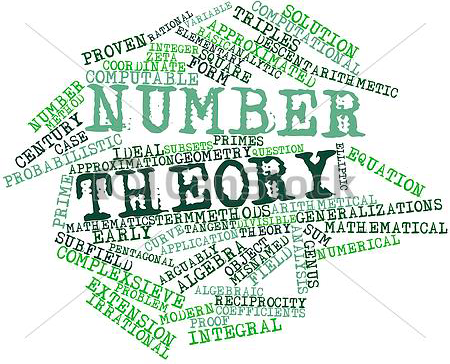
Budi Poniam
Budi has various experiences in facilitating mathematics learning for higher education students

In this course, students are facilitated to explore many topics of elementary number theory, their history and applications. Through learning the core concepts in number theory, students are directed to develop their proof-writing skills step by step. The course covers topics: numbers, rational and irrational; mathematical induction, divisibility and primes, the Euclidean algorithm, linear Diophantine equations, the fundamental theorem of arithmetic, modular arithmetic, and modular number systems. Some historical figures who had contributed to the development of number theory, are presented to enable the students to grasp the historical development of number theory.
Upon successful completion of this course, students are expected to be able to
Students must have prior knowledge of basic mathematics and pre-calculus algebra.

Budi has various experiences in facilitating mathematics learning for higher education students